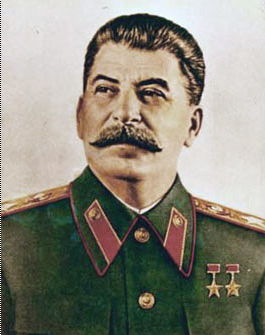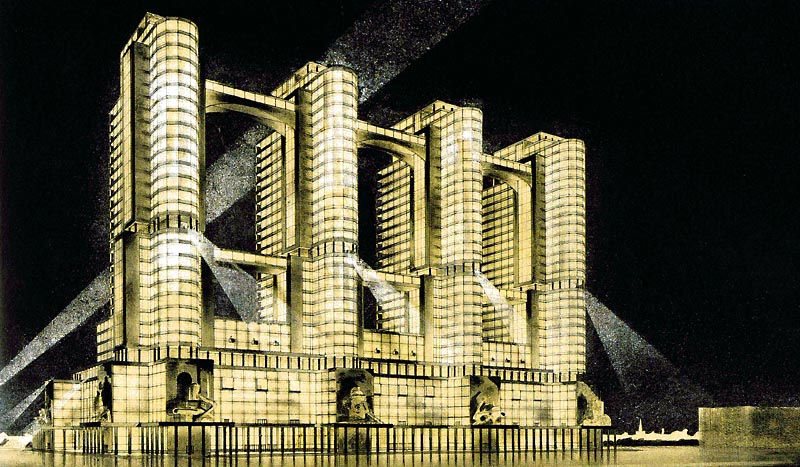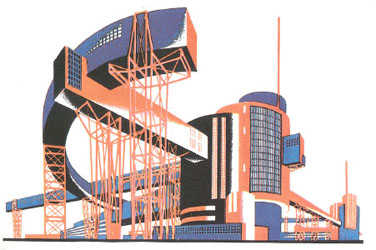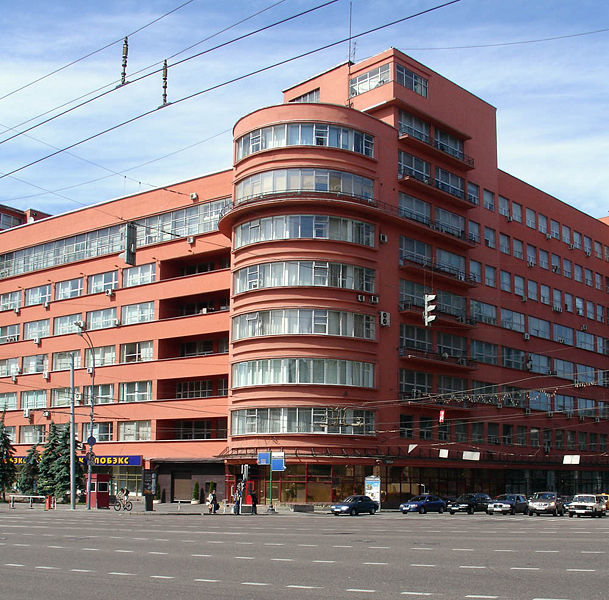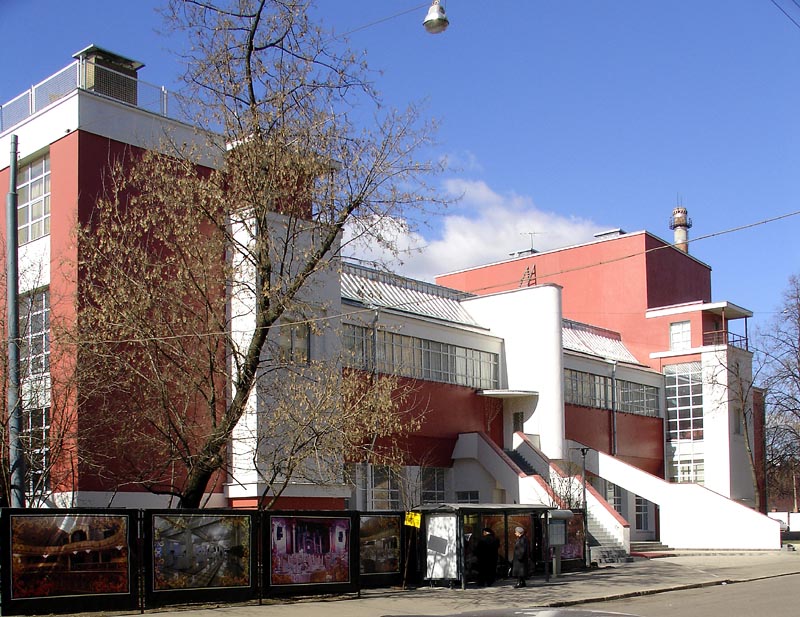Soviet Union
The Soviet Union is the result of the Bolshevik Revolution in 1917. Now led by the self-styled “man of steel“ Joseph 'Stalin' (Yughashvili) the Union is surrounded by enemies who see the Russian revolution as a premonition of things to come in their own countries and are determined to stamp out Communism before it can spread.
To safeguard the Soviet Union from these external threats, Stalin has revolutionised the former Russian empire, and in the space of a decade has multiplied industrial output many times over. The revolutionary attitude has also pervaded architecture and combined with with new materials such as reinforced concrete to form a new style called Constructivism The centrepiece of this revolution is the rebuilding of Volgograd as a modern industrial and architectural marvel. Appropriately it now bears the name of “Stalingrad” and is a microcosm for Stalin's vision for the whole country.
Reform of the Red Army is, however, lagging behind the industrial progress. With the officer corps purged of its Imperialist elements, Red Army loyalty is now ensured, but there is a severe deficiency in materials and purging the best and brightest officers has created a skills vacuum. Red Army tanks are under-powered and obsolete while the lack of experienced officers means few people who truly understand how mechanised warfare is conducted. New machines such as the fearsome T-34 are in development, but with Europe on the brink of war and non-aggression pacts looking shaky, time is clearly running out.
In the Union's favour, the natural defences of Russia have always been the vast steppes and nearly inexhaustible manpower. It is likely that the Soviet Union will have to trade land and blood for time. Time to harness the vast industrial might to full effect and direct its huge production capability in support of the war effort. Only one thing is for certain; Stalin would rather see his country in ruins than surrender The Revolution to the Imperialists of Europe.

